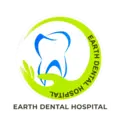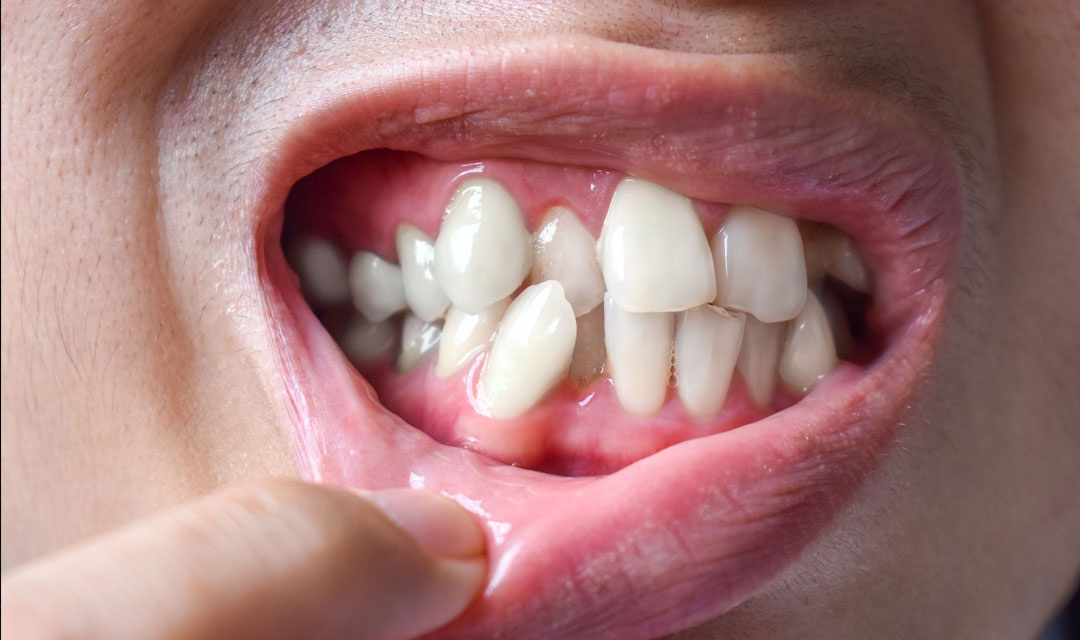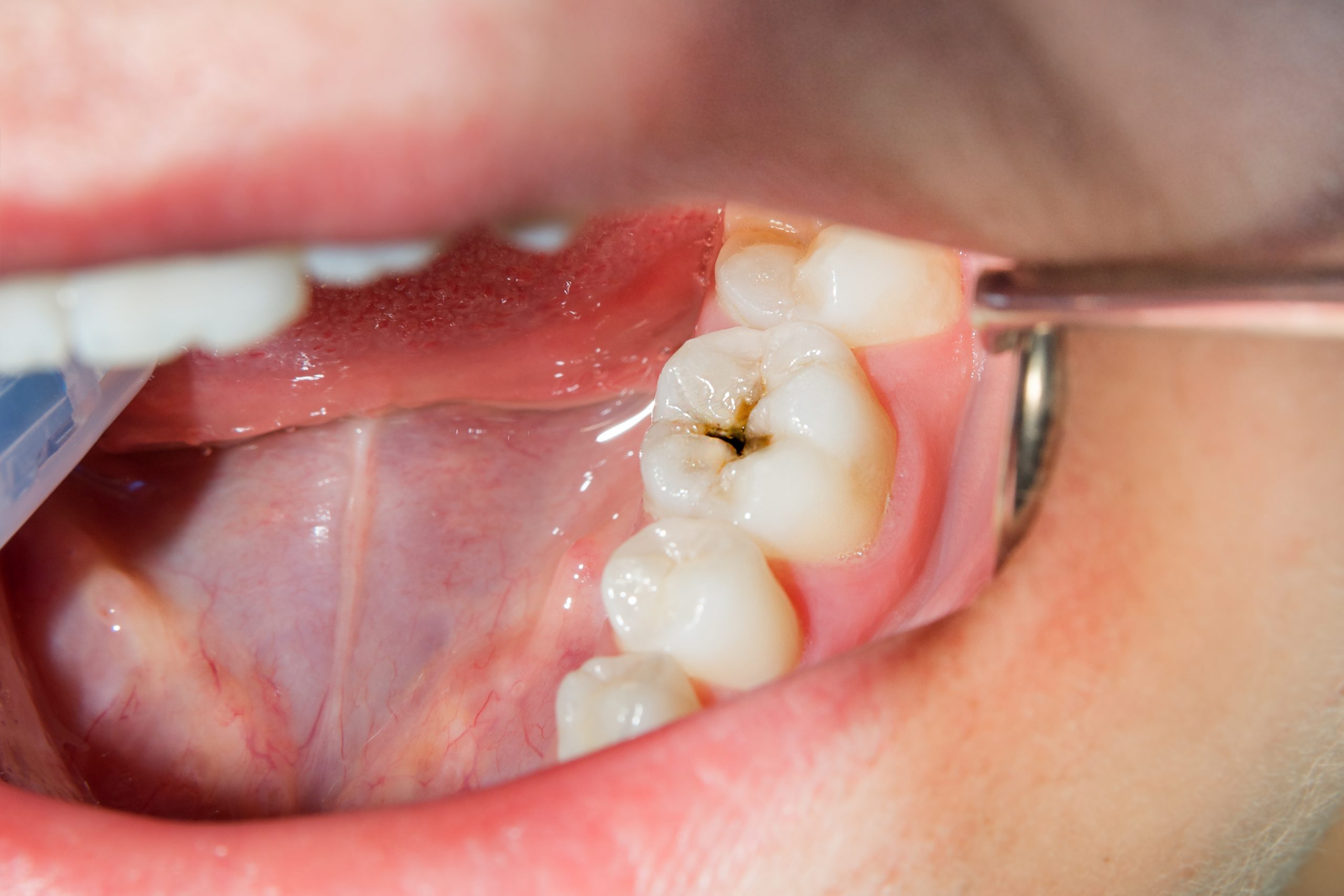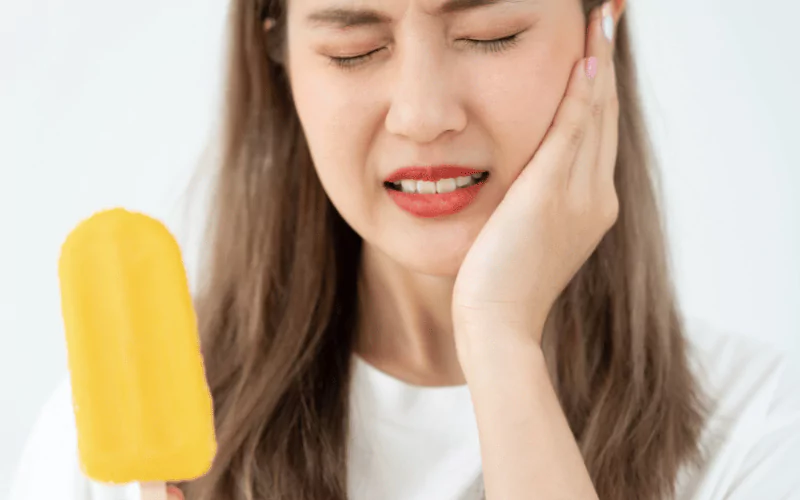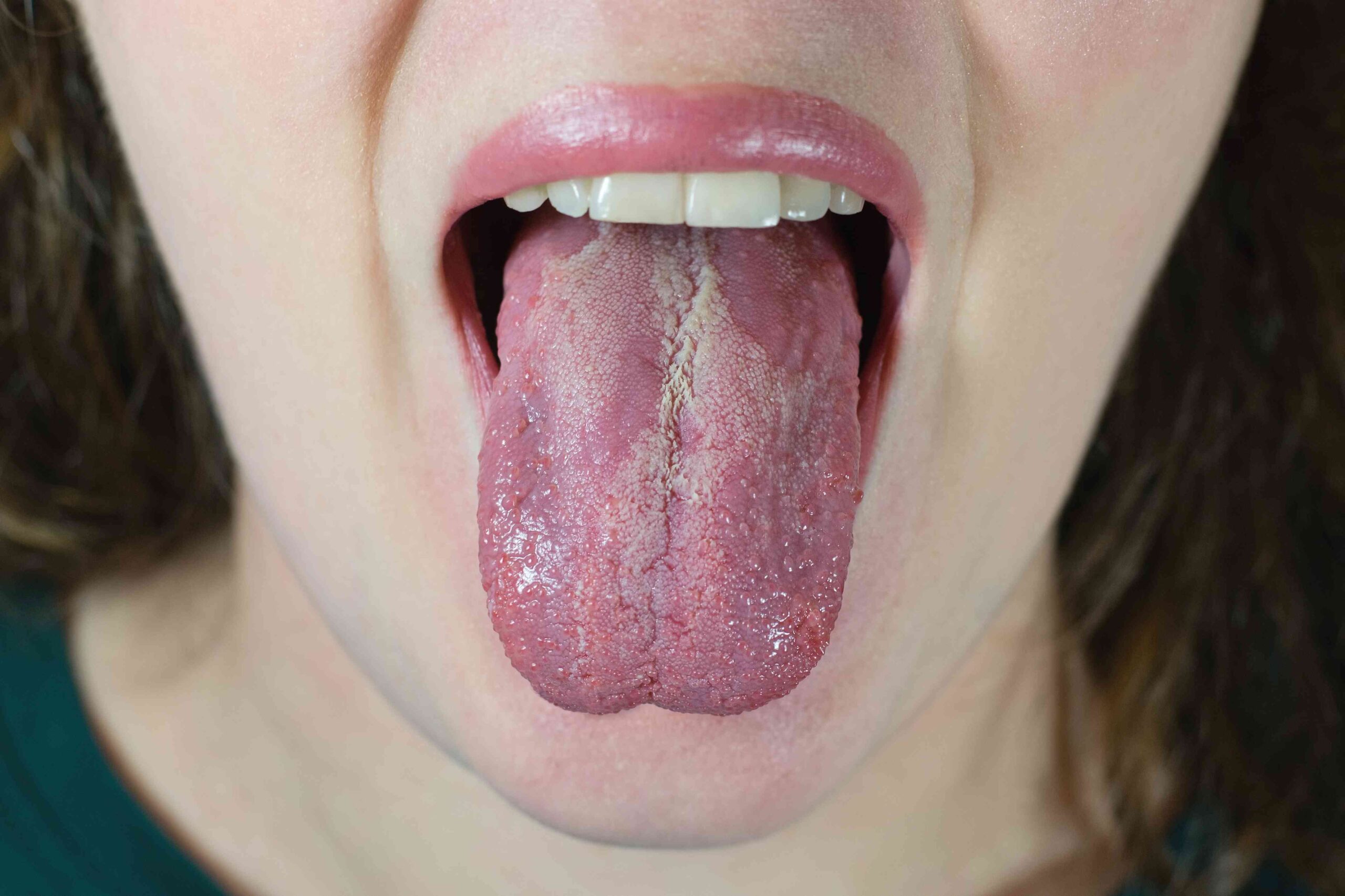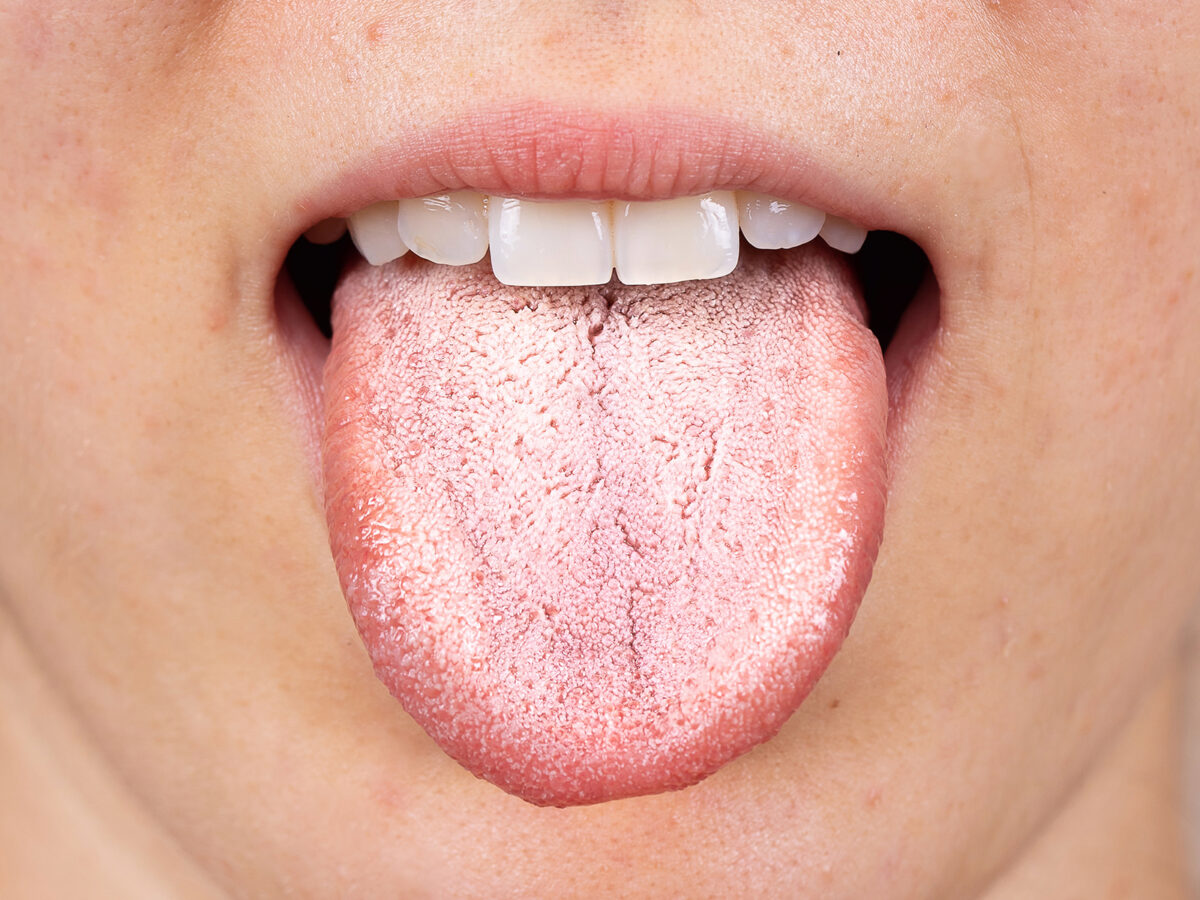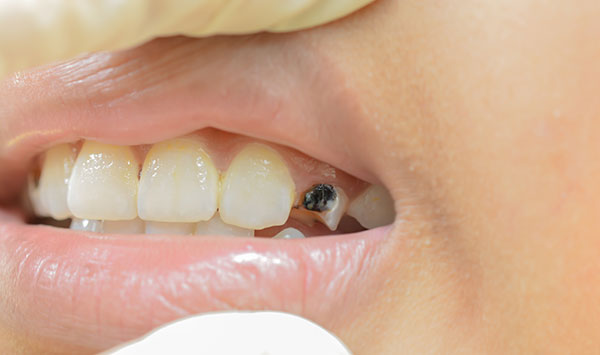Tobacco use is a significant health concern worldwide, impacting nearly every part of the body, including the mouth, gums, and overall oral health. While the general public is well aware of the systemic health risks such as lung cancer and cardiovascular disease, the specific dangers to oral health are often overlooked. At Earth Dental Hospital, we believe in educating our patients about these risks to encourage healthier lifestyles and better oral hygiene. This blog post delves into the harmful effects of tobacco on oral health and provides guidance on prevention and treatment.
The Oral Health Risks of Tobacco Use
Tobacco contains a myriad of harmful chemicals, including nicotine, tar, and carbon monoxide. These substances can cause a range of oral health issues, from bad breath to life-threatening cancers. Here are some of the most common problems associated with tobacco use:
1. Bad Breath and Stained Teeth
One of the most immediate effects of tobacco use is bad breath, also known as halitosis. The chemicals in tobacco linger in the mouth, gums, and throat, leading to persistent bad breath that cannot be easily masked. Additionally, the tar and nicotine in tobacco stain teeth, causing them to become yellow or brown over time. This discoloration is difficult to remove with regular brushing and often requires professional cleaning.
2. Gum Disease
Tobacco use is a leading cause of gum disease (periodontal disease). It affects the attachment of soft tissue and bone to your teeth by interfering with the normal function of gum tissue cells. This interference makes smokers more susceptible to infections, such as periodontal disease, and also appears to impair blood flow to the gums, which may affect wound healing.
3. Tooth Decay
Smokers are at a higher risk of developing tooth decay. Tobacco reduces the flow of saliva, which helps protect the teeth and gums. Saliva is crucial for washing away food particles and neutralizing acids produced by bacteria in the mouth. Without adequate saliva, smokers are more likely to suffer from cavities.
4. Oral Cancer
Oral cancer is one of the most severe consequences of tobacco use. Both smoking and smokeless tobacco (such as chewing tobacco) are major risk factors for cancers of the mouth, throat, and esophagus. Symptoms of oral cancer can include sores that do not heal, lumps, or patches in the mouth, and difficulty swallowing. Early detection is critical for successful treatment, highlighting the importance of regular dental check-ups.
5. Gum Recession
Tobacco use can lead to gum recession, where the gum tissue pulls away from the teeth, exposing the roots and making them more vulnerable to decay and sensitivity. This recession can also make teeth appear longer than usual and can lead to tooth loss if not properly managed.
The Mechanisms Behind Tobacco’s Harmful Effects
Understanding how tobacco affects oral health involves looking at the biological mechanisms at play. Here are some key factors:
- Reduced Blood Flow: Tobacco constricts blood vessels, reducing blood flow to the gums. This diminished blood flow impairs the delivery of essential nutrients and oxygen to gum tissues, hindering their ability to heal and maintain health.
- Immune System Suppression: Tobacco weakens the immune system, making it harder for the body to fight off infections, including those in the mouth.
- Inflammatory Response: The chemicals in tobacco exacerbate inflammation in the gum tissues, leading to a more severe response to plaque and bacteria. This inflammation can progress to periodontitis, a serious gum disease that can destroy the supporting structures of the teeth.
- Altered Oral Microbiome: Tobacco alters the balance of bacteria in the mouth, increasing the prevalence of harmful bacteria that contribute to gum disease and tooth decay.
Prevention and Cessation Strategies
Preventing the harmful effects of tobacco on oral health begins with cessation. Here are some strategies to help you quit:
1. Professional Support
Seek support from healthcare providers, including dentists, doctors, and counselors. They can offer resources such as nicotine replacement therapies (patches, gum, lozenges), prescription medications, and counseling services to help you quit.
2. Behavioral Strategies
Behavioral strategies can be effective in managing cravings and avoiding relapse. Techniques such as setting a quit date, identifying triggers, and finding healthy alternatives to smoking (such as exercise or hobbies) can support your cessation efforts.
3. Regular Dental Check-Ups
Regular visits to the dentist are crucial for monitoring oral health and detecting any early signs of damage caused by tobacco. Professional cleanings can help manage gum disease and remove stains, while oral cancer screenings can ensure early detection of potential malignancies.
4. Healthy Oral Hygiene Practices
Maintaining good oral hygiene is essential for everyone, but especially for those who use tobacco. Brush your teeth at least twice a day with fluoride toothpaste, floss daily, and consider using an antiseptic mouthwash to reduce bacteria in the mouth.
Treatments for Tobacco-Related Oral Health Issues
If you are experiencing oral health issues due to tobacco use, several treatments are available:
1. Scaling and Root Planing
For gum disease, scaling and root planing (deep cleaning) can remove plaque and tartar from below the gum line, promoting healing and reducing inflammation.
2. Teeth Whitening
Professional teeth whitening treatments can help reduce the appearance of tobacco stains, restoring a brighter, more attractive smile.
3. Periodontal Therapy
Advanced gum disease may require periodontal therapy, which can include surgical interventions to restore damaged gum tissue and bone.
4. Oral Cancer Treatment
If oral cancer is detected, treatment options may include surgery, radiation therapy, and chemotherapy. Early detection and treatment are critical for the best outcomes.
Conclusion
The effects of tobacco on the mouth, gums, and oral health are profound and wide-ranging. From cosmetic issues like stained teeth to serious health concerns such as gum disease and oral cancer, the impact of tobacco use cannot be overstated. At Earth Dental Hospital, we are committed to helping our patients achieve and maintain optimal oral health. If you are a tobacco user, we encourage you to take steps to quit and to seek regular dental care to mitigate the damage. Remember, it’s never too late to make positive changes for your health and well-being.
